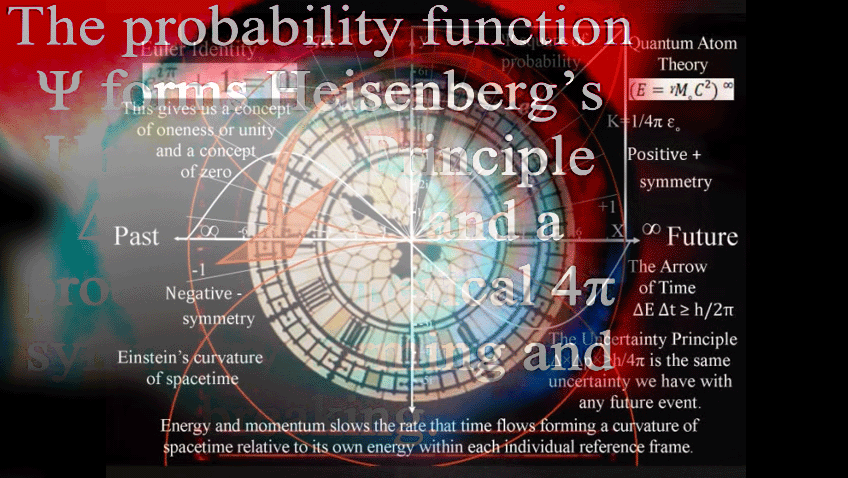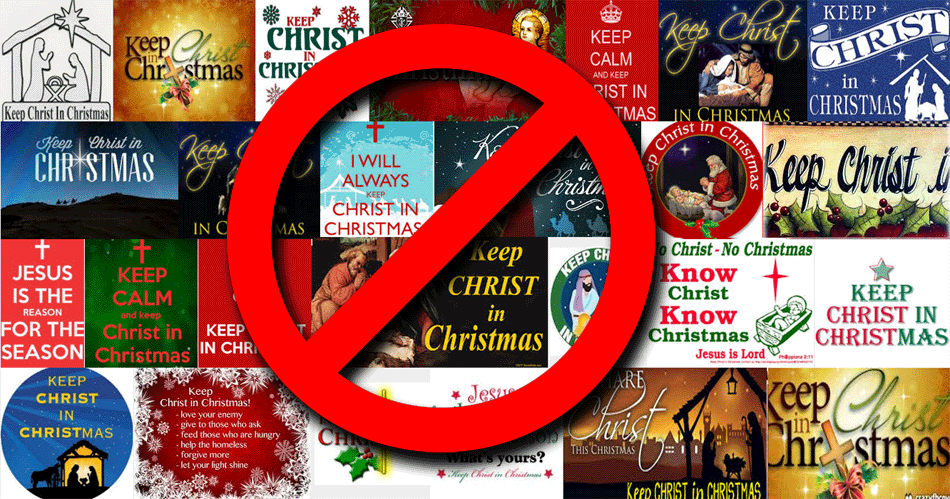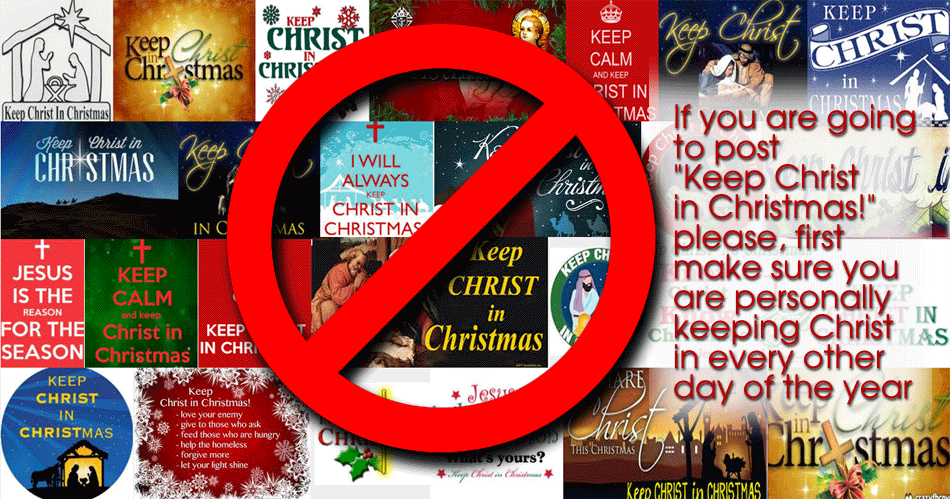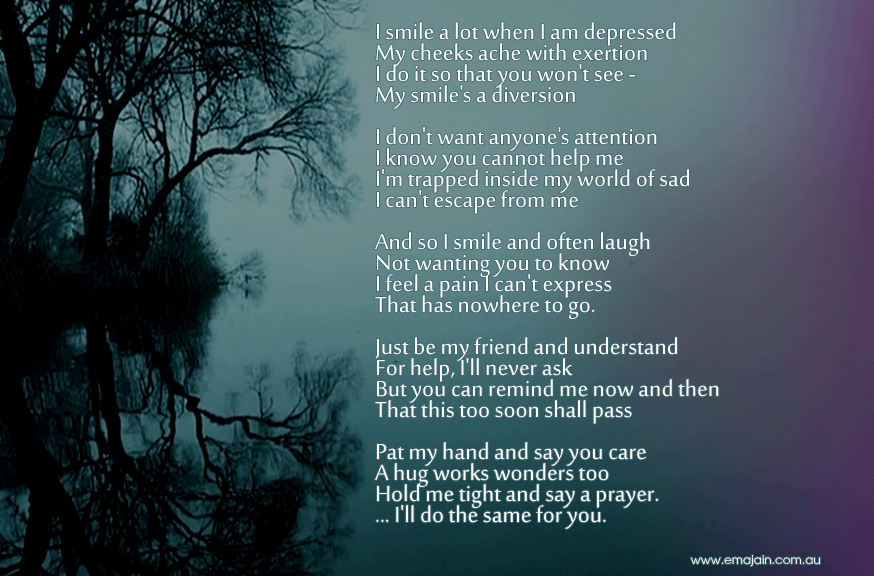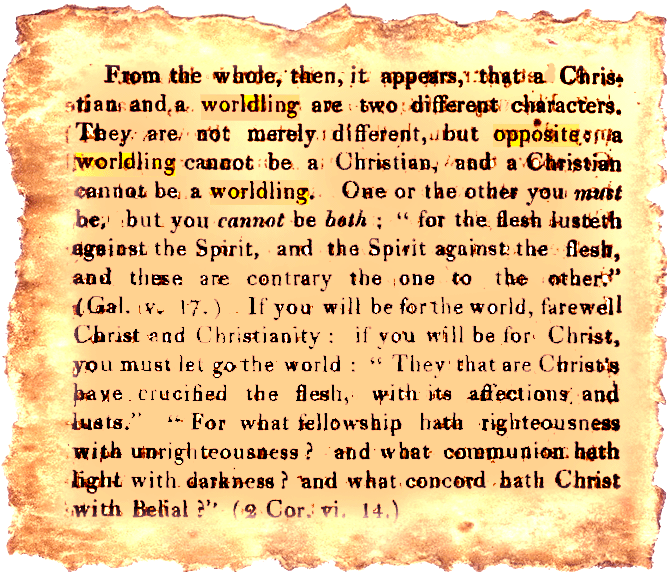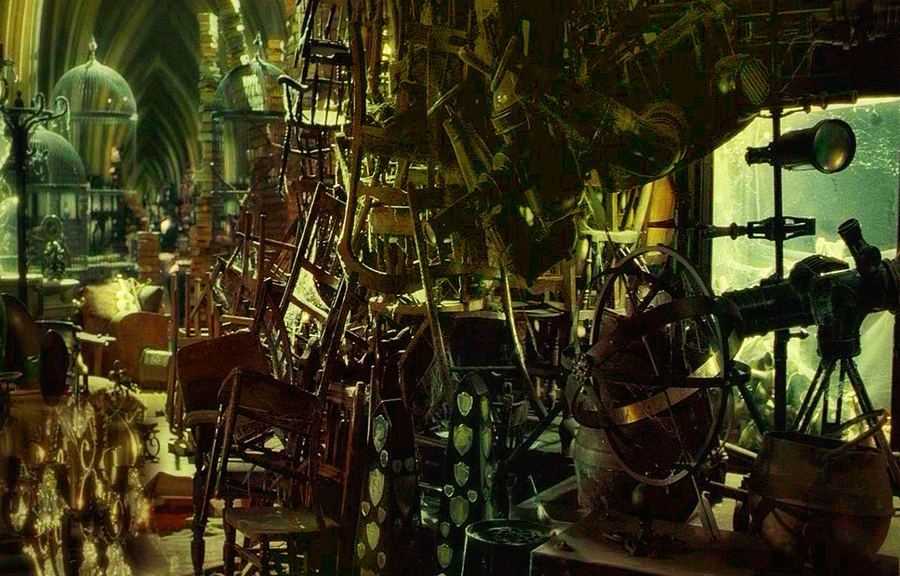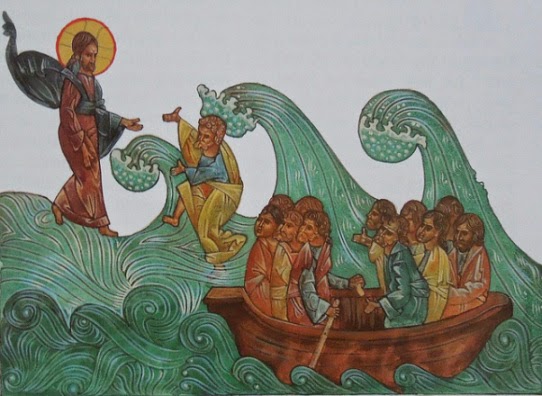“I know a man in Christ who fourteen years ago
was caught up to the third heaven. “
2 Corinthians 12:2
Enoch will be along soon.
I’ll wait outside, and look at the sky, and remember what we spoke of last time.
I still have the broken blue egg shell.
I lie on my back and hold it to the sun.
Yes, it is the same flat blue of the sky on a cloudless day.
Today there are clouds, bringing the sky closer.
Will they come so close that the sky falls, watering the ground?
“Is the sky water?” I asked Enoch.
For it is the colour of the sea and lakes I have seen
and as changeable in its blues and greys.
And water falls from it.
Enoch says this is the first heaven that we see.
Ruled by the sun of light and heat.
Then what of night?
When the sky is drawn back,
revealing sparking treasures,
far above.
And glorious silken folds of crimson
herald their arrival each evening
and announce their departure each morn.
The sun has gone and with it its heat,
so the water in heaven turns to crystals of
ice and twinkles in the light of the solemn moon;
waiting for the sun king to return.
That, says Enoch, is the second heaven.
But there is the third heaven that Enoch knows.
Perhaps only Enoch knows.
He tells me it lies between corruptibility and incorruptibility
That it holds the Tree of Life,
the source of knowledge.
And two springs,
one milk, one honey.
But then two others,
one oil, one wine.
Which is four, not two.
But Enoch says two.
But how does Enoch know?
He says he has been there.
To argue with Azazel
about the way women
paint their eyebrows.
Which seems such a trivial matter to discuss with an archangel, but I know there was more; I just can’t remember it all.
The first heaven hides the second heaven.
Its blue veil is drawn back with a flourish,
momentarily revealing its scarlet lining each evening.
Then the second heaven appears.
Enoch says we see the first and second heavens because God wants us to think, and to realise there must be more.
The second heaven hides the third.
But we can see it only by invitation.
If I understand Enoch rightly.
Which probably, I don’t.
But oh, what joy!
To lie here on my back,
gazing at the blue above
and the egg shell in my hand
and wait for Enoch
so we can talk
and wonder some more
at our God’s creation.
“What intelligent being, what being capable of responding emotionally to a beautiful sight, can look at the jagged, silvery lunar crescent trembling in the azure sky, even through the weakest of telescopes, and not be struck by it in an intensely pleasurable way, not feel cut off from everyday life here on earth and transported toward that first stop on the celestial journeys? What thoughtful soul could look at brilliant Jupiter with its four attendant satellites, or splendid Saturn encircled by its mysterious ring, or a double star glowing scarlet and sapphire in the infinity of night, and not be filled with a sense of wonder? Yes, indeed, if humankind — from humble farmers in the fields and toiling workers in the cities to teachers, people of independent means, those who have reached the pinnacle of fame or fortune, even the most frivolous of society women — if they knew what profound inner pleasure await those who gaze at the heavens, then France, nay, the whole of Europe, would be covered with telescopes instead of bayonets, thereby promoting universal happiness and peace.”
— Camille Flammarion, 1880

